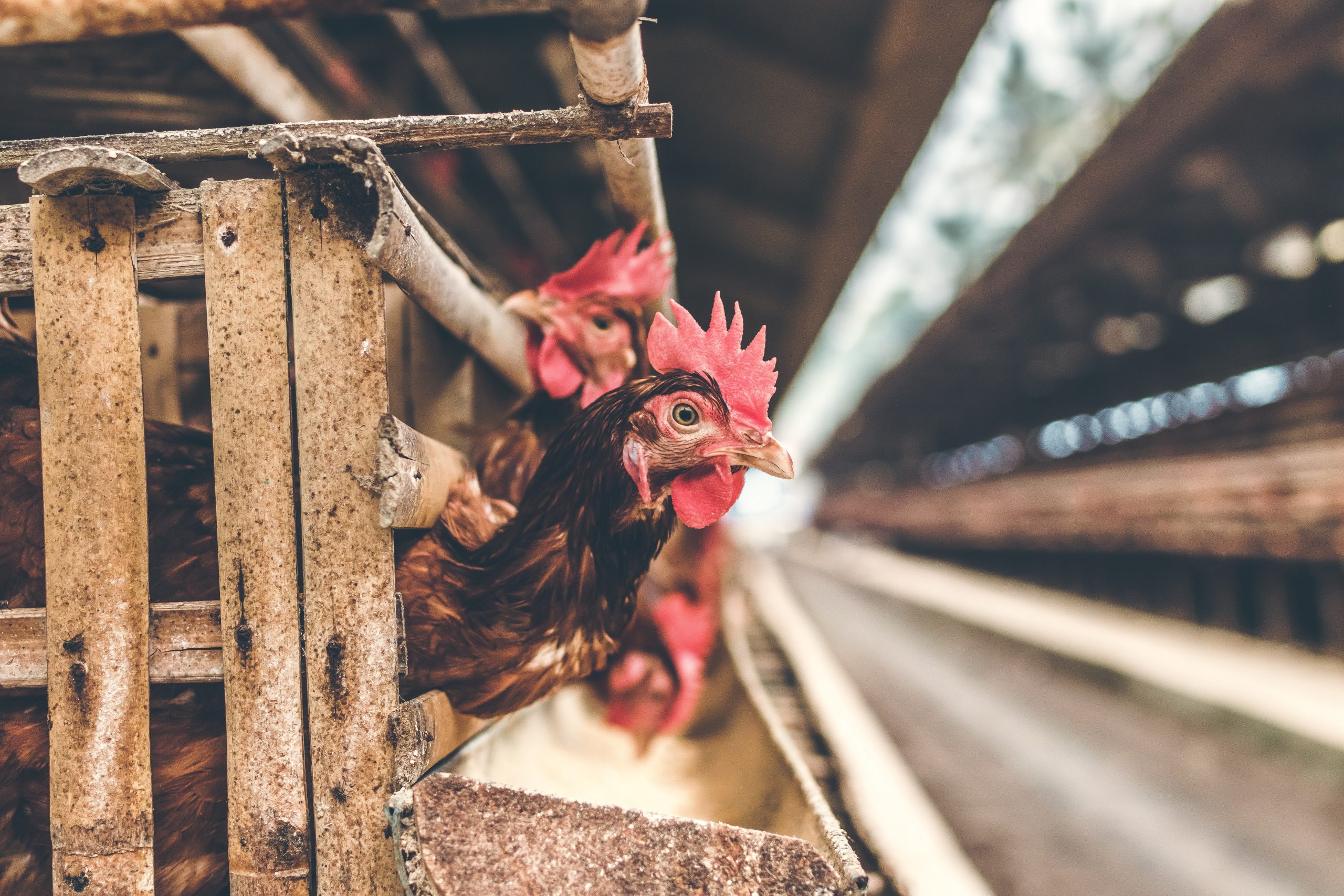Associated Press: “California Winemakers Squeezed by U.S.-China Trade War”
Run Time: 2:08
Abstract: This video explores the impact of the U.S. trade war with China on California’s winemakers. In response to tariffs imposed by the United States, China levied a series of tariffs on wine imported from California, pushing the price of California wines to as much as 60 percent more than the price prior to the tariffs. For California’s winemakers, the situation is becoming dire. After investing in developing what had promised to be a highly lucrative market, California’s winemakers are now all but shut out of the market in China, and instead are watching helplessly as competitors from Chile and Australia tighten their competitive hold on that market.
Notes: The effects of the protracted trade war between the United States and China is being felt in the vineyards of California where winemakers are wondering whether they will ever recover. Eric Wendt, a fourth-generation winemaker, says his family has been growing grapes in the area since 1885. In addition to selling wine in the United States, his family’s company, Wendt Vineyards, sells to some 70 destinations around the world. Now, though, one important market, China, has all but dried up thanks to a series of tariffs imposed on U.S. wines by China in retaliation for tariffs imposed by the United States. Wendt claims that the retaliatory tariffs have been the biggest disruptor to his family’s business in a quarter of a century.
The retaliatory tariffs put in place by China to effectively block U.S. wine exports to China have been imposed in stages. The third tariff in the series was levied in June, and since then, Wendt Vineyards has not shipped a single bottle of wine to China, a country that had previously been a growing retail outlet. Michael Parr, Wendt Vineyards’ Vice President of International Sales, notes that prior to the trade war between the United States and Beijing, China, with its 1.4 billion people, was seen as an especially lucrative opportunity for U.S. winemakers. Today though, Wendt Vineyards, like other U.S. winemakers, can no longer compete with other countries that export wine to China, countries like Australia and Chile that are not subject to the crippling tariffs being levied on U.S. wine imports. Parr says since the tariffs were imposed, what had once been an even playing field between the competing countries has become anything but level. Parr laments the effort the company has put into building its market in China, noting that the company is not only losing the money it could be making by selling its wine in China, but it is also losing the time and money it invested in building its market in China; its efforts to develop relationships with customers, the training it provided, and the promotions it ran. If the company is not able to ship wine, those efforts will have been for naught.
Today, Chinese wine sellers like Wen Xin say that while American wines used to sell well in China, thanks to the tariffs that have been imposed on U.S. wine imports, American wine is very expensive relative to wine from other countries, costing as much as 30 to 60 percent more than before the trade war. As the trade war continues to simmer, with no end in sight, California’s winemakers are left to wonder whether they will ever be able to compete in China again. They now see China as a lost opportunity, one where competitors are positioned to solidify their hold on a market that had once been so tantalizing.
Discussion Questions:
1. Discuss the use of tariffs as part of a nation’s trade policy. What are the different types of tariffs? Which type of tariff is being imposed on California’s wine exports to China? What are the effects of the tariffs on California wine exports?
2. Consider the impact of globalization and why California’s winemakers are upset with how the ongoing trade war between the United States and China has impacted their business. In your opinion, is their concern warranted?
3. Reflect on the unique situation of California’s winegrowers in the trade war with China. How does their situation differ from that of other companies that produce their products in factories? How can the winemakers offset the impact of the retaliatory tariffs imposed by China?
Source: Associated Press “California winemakers squeezed by US-China trade war













